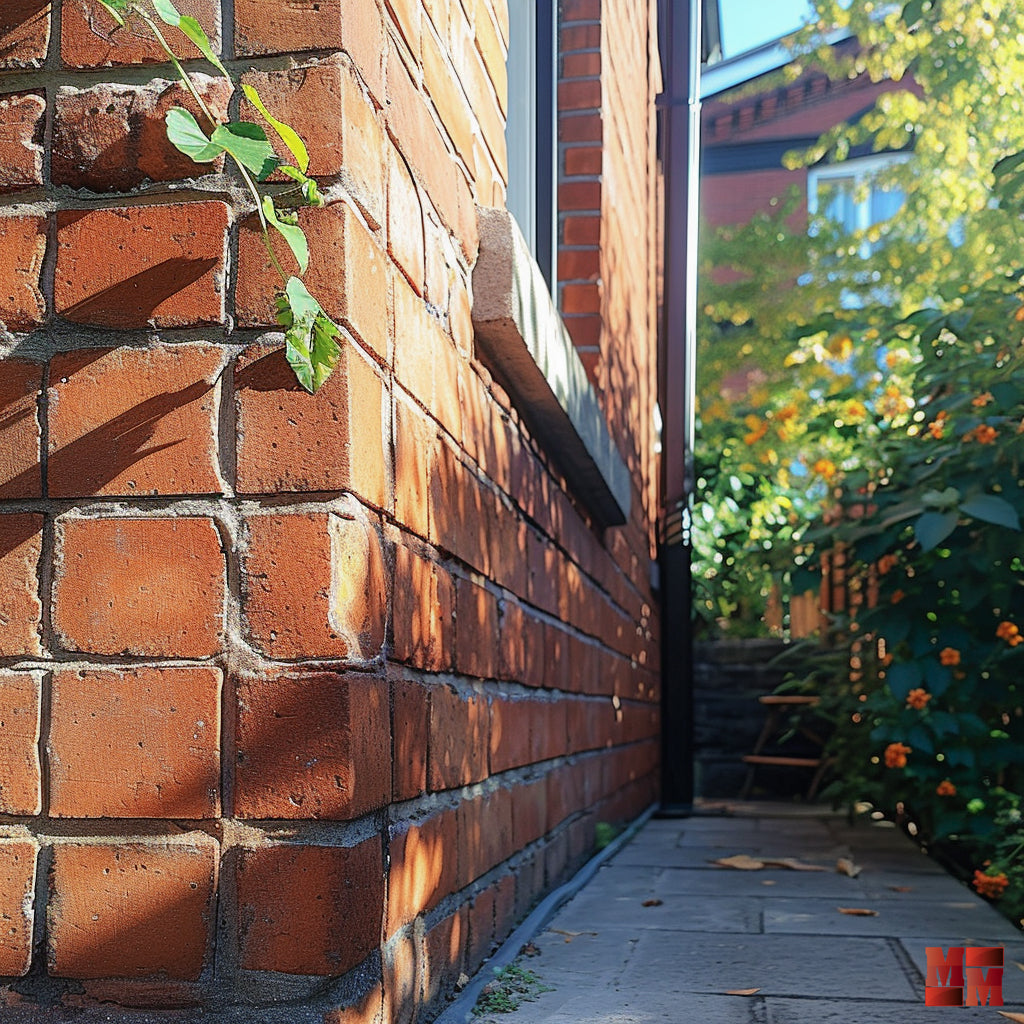What is the ideal frequency for inspecting brick walls to prevent cracks? (2024 Guide)
In the world of masonry, regular maintenance and monitoring of your brick walls are essential to ensure their durability and aesthetics. Cracks in brick walls are a common issue, but with proper inspection, you can prevent these problems and extend the life of your structure. In this article, Masonry Montreal will guide you through the importance of brick wall inspection and provide you with tips on the ideal frequency to avoid cracks.
Why is Brick Wall Inspection Crucial?
Brick walls are not only an aesthetic element of your property, but they also play a crucial role in the stability of your structure. Regular inspection of brick walls helps detect potential issues at an early stage, which can prevent costly repairs in the future. Here are some reasons why brick wall inspection is crucial:
1. Preventing Major Cracks
Cracks in brick walls can worsen over time, compromising the integrity of the entire structure. By performing regular inspections, you can spot budding cracks and repair them promptly, thus avoiding more significant problems.
2. Preserving Aesthetics
Well-maintained brick walls add aesthetic value to your property. Regular inspection allows you to identify mold stains, joint erosion, or discoloration issues, helping you maintain the attractive appearance of your walls.
3. Avoiding Water Infiltration
Brick walls are susceptible to water infiltration, which can lead to significant damage. Frequent inspection helps you detect areas where water could seep in and take preventive measures to protect your structure.
Now that you understand why brick wall inspection is so important, let's address the crucial question: what is the ideal frequency of inspection to avoid cracks?
Ideal Frequency of Brick Wall Inspection
There is no one-size-fits-all answer to this question, as the ideal frequency of inspection depends on several factors. However, here are some general guidelines to help you determine how often you should inspect your brick walls:
1. Age of Construction
Older buildings may require more frequent inspections than newer constructions. Materials age over time, making them more vulnerable to cracks and damage.
2. Local Weather Conditions
If you live in an area prone to extreme weather conditions, such as harsh winters or scorching summers, you may need to inspect your brick walls more frequently. Temperature variations and humidity can impact masonry integrity.
3. Exposure to the Elements
Brick walls exposed to the elements, such as wind and rain, may deteriorate more quickly than those protected. If your walls are constantly exposed to the elements, consider more frequent inspections.
4. Obvious Signs of Problems
If you notice clear signs of issues, such as cracks, brick chipping, or moisture stains, do not delay in having your walls inspected, regardless of the previously established frequency.
The Benefits of Professional Inspection
While you can perform some visual inspections yourself, it is essential to engage professional masons for thorough inspections. Here are some advantages of having your brick walls inspected by experts:
Technical Expertise
Professional masons have in-depth knowledge of brick structures and are trained to spot potential issues that you might miss.
Specialized Equipment
Experts have the necessary equipment, such as inspection cameras, to examine hard-to-reach areas and detect hidden problems.
Personalized Advice
Professionals can provide you with personalized recommendations for maintaining your brick walls based on their current condition and your specific needs.
Conclusion
Ultimately, the ideal frequency of brick wall inspection depends on various factors, including the age of construction, local weather conditions, and exposure to the elements. However, regular inspection is essential to prevent major cracks, preserve the aesthetics of your walls, and avoid water infiltration issues. Rely on professional masons for thorough inspections and personalized advice. By taking care of your brick walls, you will ensure the longevity and beauty of your property in Montreal, Laval, Longueuil, South Shore, and North Shore.

